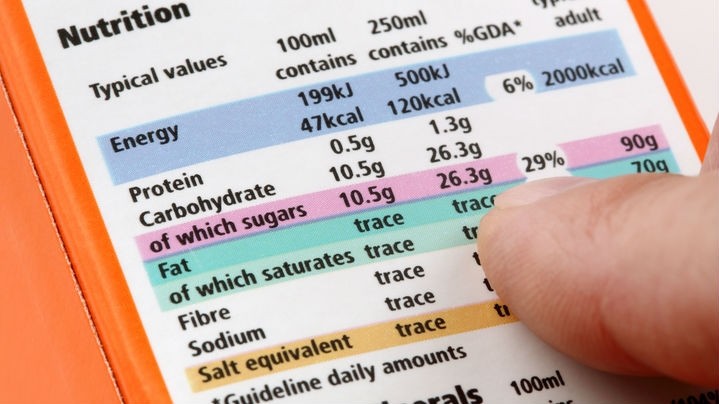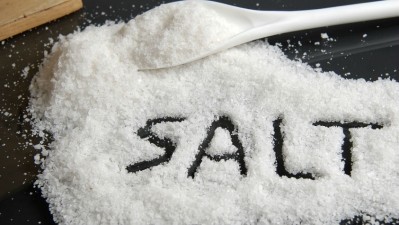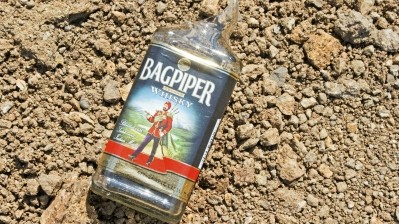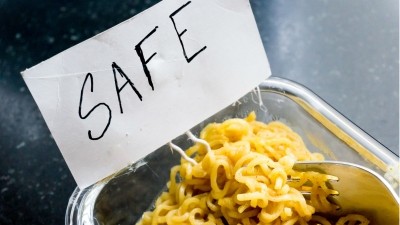FSSAI accused of taking wrong approach to sodium labelling

The revised packaging standards will also require other nutritional facts, including carbohydrates and fat to be listed, as India prepares to end its current policy of voluntary nutritional labelling.
But leading campaigners claim that the Food Safety and Standards Authority of India is taking the wrong approach by demanding sodium content be listed.
“It should be salt, not sodium,” said Graham Macgregor, professor of cardiovascular medicine at the Wolfson Institute of Preventative Medicine, at a conference in Chennai.
A leading advocate for low-salt foods in Britain, Canada and Australia, Dr Macgregor argued that sodium levels show a fraction of a product’s actual salt content.
Indeed, a food’s sodium level must be multiplied by 2.4 times to give a realistic illustration of salt, he warned.
"Britain had sodium on food labels more than two decades ago. They changed it to salt because no one knew what they were eating," he added.
Following amended labelling regulations, and in the wake of legislation and concerted public health campaigns, Britain has witnessed a significant decrease in average salt consumption over the last decade.
“There’s been a 40% reduction, though most people did not realise that their food contains less salt. But we have seen a 25% reduction in health spending due to high blood pressure and its complications," he said.
Indians consume more than twice the World Health Organisation’s recommended daily salt limit of 5 grams, leaving them prone to heart, kidney and vascular diseases.
Dr Macgregor’s view has been backed up by Rajan Ravichandran, chief nephrologist at the Sapiens Foundation, who said policymakers must aim to reduce average salt consumption by at least 2 grams over the next five years.
To stand a chance of achieving this, he called for labels standards that reflect actual salt content, while also warning consumers of high levels.
"We want all food products to list the amount of table salt, besides preservatives like sodium bicarbonate,” Dr Ravichandran said.
“If the product uses above the prescribed level, it should be labelled red and those below should be labelled green," he said.

















